Pests are detrimental to any home. Aside from the damage they bring to the house, pests can also affect your health. If any form of pest infestation is present in your house, you should not ignore it, as several pests can carry harmful bacteria from topsoil and pose health risks to you and your family.
One preventive measure that’s proven to drive away pests from your home is none other than maintaining cleanliness inside and outside the house. A clean house is less likely to draw in pests. With this in mind, keeping your house constantly clean and free from clutter can help you prevent pests from lodging in.
Let us check out the common pests that you may find in your house and how they affect can your health.
- Cockroaches
For the most part, cockroaches, they love to stay in fence door and other wooden parts, can be undesirable in appearance, but apart from that, they also pose a severe health risk. Once they shed their skin and leave droppings and urine, these turn into airborne allergens. Another thing to be wary of is how quickly they multiply since it can lead to an infestation if left unchecked therefore you should clean all the possible things they can breed in like outdoor toy storage etc. Individuals with asthma or those who are highly sensitive to allergens, especially young children, face a higher risk.
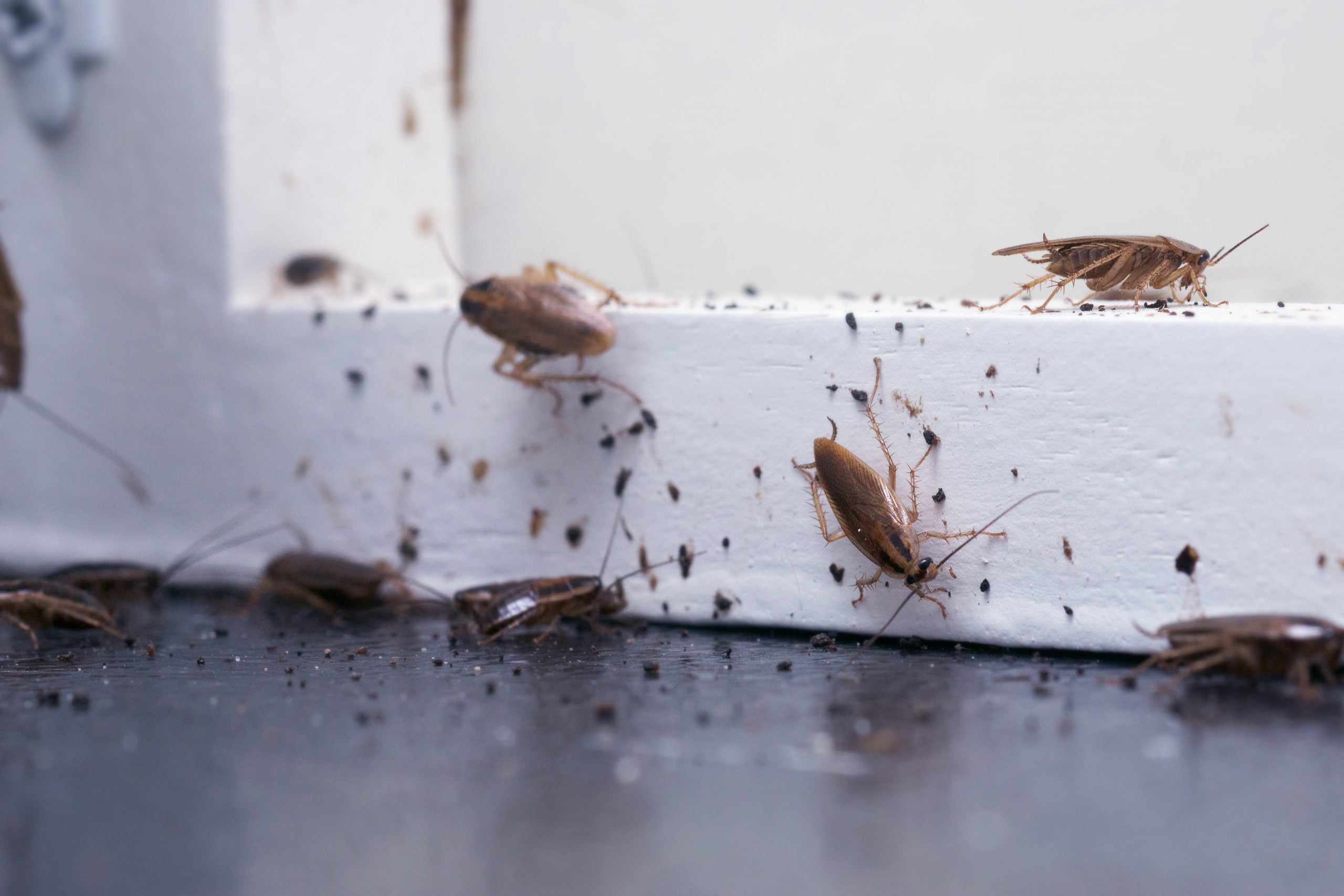
A lot of cockroaches are sitting on a white wooden shelf. The German cockroach (Blattella germanica). Common household cockroaches
Cockroaches do not originate from clean conditions. Before they enter your home, they thrive in drains, vents, streets, and sewer pipes therefore you should look out for some best gutter guards like amerimax gutter guards which is quite affordable and helpful as well. They like to walk over places in the house where they can pass the germs that they’re carrying to people. You never know what they are bringing inside your home. With this in mind, it is vital to treat any infestation, totally prevent them from entering your house, and perform a deep cleaning of surfaces regularly, especially if there is a cockroach that just recently crawled around.
There are many types of cockroaches. Most of them spread disease. If an infestation is likely, read more on how to manage one.
Ants
Ants still represent a danger to human health despite being small and less terrifying than cockroaches. Some ants can not only cause painful bites but also contaminate food with disease-causing bacteria. These insects often flock together in open grounds like wiffle ball field, lawn, flower bed etc.
Areas of the body that get bitten by a specific ant species develop inflammation and rashes. As some ants eat decomposing plants and animals, they can also carry harmful microbes. Ants carry dangerous substances with them when moving from a feeding area into a human home. One good example is the Pharaoh ant, which is known to be a salmonella carrier.
Mosquitoes
Aside from the nasty bites brought about by mosquitoes, they carry certain health risks. Mosquitoes are carriers of various diseases. Some of the common ailments spread by mosquitoes include the West Nile virus, Zika virus, dengue fever, chikungunya, malaria, yellow fever, encephalitis, filariasis, and many more. It is vital to remember that these viruses can cause severe disease and even death.
Mosquitoes can breed and lay eggs in any source of standing water. The biting times of mosquitoes tend to vary by species. Some only bite at dawn and dusk, while some only during the day. The other species bite at sunrise, sunset, and at night.
Flies
Flies pick up germs and disease-carrying germs when they land on things like dead animals, feces, manure, and food scraps. They carry germs in their stomachs and on their hairy legs and bodies.
Flies then pass germs on plates, knives, cups, and food when landing on these things. If people use these things or eat the food, germs can get into their bodies. People become sick as a result.
Flies have a long, hollow, tube-shaped special type of mouth, which is called a proboscis. They feed by putting a special material or substance onto the food from its stomach through its proboscis. The food becomes liquid because of the special substance that flies put onto it before they suck it up.
While it’s eating, germs from the liquid coming out from the fly’s stomach and germs from its body and legs get onto the food. Even after the fly has gone, some of the germs will be left behind. Germs carried by flies can cause diseases such as hepatitis A, trachoma, shigellosis, and salmonellosis.
Bed Bugs
Bed bugs do not spread diseases once they bite humans, but the bites can be severe. Some individuals might have allergic reactions to bed bug bites. The bites are also at risk for infection, similar to any bite or wound.
Bed bugs can also lead to severe psychological concerns. In some cases, people who suffer from bed bug infestation in their homes later end up with stress, insomnia, depression, and many more. If you suspect a bed bug situation, do not allow it to grow into a full-scale infestation.
Mice
When you give a mouse an entry point in your home, it will look for food. If you leave out any food, there is a high chance for it to contaminate your kitchen. Although mice seem harmless, they are looking for food and do not care if they infect or contaminate surfaces as they explore.
It is important to note that as mice move around your house, they continuously urinate. It means that any disease they are carrying can spread around your home. The urine quickly dries up and becomes invisible. Due to this, it is difficult to know if a mouse has already contaminated your house. If you suspect a mouse or two in your home, your best option is to use pest removal services. You may also seal all cracks and crevices around your house to keep them out.
Raccoons
One of the pests considered to be the major carriers of rabies is the masked night-dwellers called raccoons. In nature, they usually run away when seeing people, but they may get aggressive and defensive if threatened. Make sure to see a doctor immediately if you get bitten or scratched by a raccoon.
Like bats, raccoon poop can also cause health problems. Raccoon poop may contain roundworms that can infect your pets and you. If you find any raccoon poop, clean it up but make sure that you’re using hot soapy water and wearing disposable gloves. Also, don’t forget to throw away any towels or sponges you used.
Cover holes or gaps in your house with wire mesh to keep raccoons out.
Armadillos
While armadillos aren’t known to bite and generally don’t bother people, they’re the only creature aside from humans that can serve as a host to the bacteria that cause leprosy. Disease-carrying armadillos can be found in the South of the U.S.
The risk of armadillos spreading leprosy to humans, though, is very low. In suburban and agricultural areas, the more known risk with these odd critters is that they can dig your yard up while making their burrows.
Termites
A termite infestation is not only devastating to your property but also your health. The droppings can trigger skin-related reactions, while mold that comes from wood structures that termites decompose can cause respiratory ailments therefore if you have wooden items and in case if you keep rick of wood then you should be more worry about the termites.
Mites
The term ‘mite’ is commonly utilized to refer to an insect-like group of organisms that bite or cause skin irritation to humans. Some mites are scavengers; they feed on plants. Others prey on other arthropods, including insects. There are mites that parasitize animals, including humans, too. Mites pass through four development stages like their relatives, the ticks. They start from being an egg, then develop into a larva, to nymph, to adult.
While most mites don’t come in contact with humans, those that do can cause problems with human health. They impact human health in different ways: from simply being a nuisance when they’re in your home in large numbers to causing severe skin irritation resulting in intense itching. Clover mites, house dust mites, and itch mites are the mites commonly encountered by humans. They’re also the ones that can affect human health adversely.
Rats
Rats are similar to mice since their urine and fecal matter can be harmful. Although rats do not frequently urinate like mice, their urine can leave behind unhealthy bacteria around the house. Once you inhale the evaporating waste, it can be detrimental to your health and even cause various ailments.
Since rats are larger and more aggressive than mice, you should also worry about scratches and bites if an infestation is present. Due to the aggressive nature of rats, it can be dangerous to get rid of them.
Squirrels
Most of us keep squirrel food too feed wandering squirrels but when squirrels get into your house, they can chew on insulation and electrical wires, causing a fair bit of damage. They’ll likely chew things when trying to get out of your property. While they don’t usually attack and bite people and almost never carry rabies, they can carry fleas, ticks, and other disease-carrying parasites.
Seal holes around windows and doors and screen your chimney’s top to keep squirrels from coming in. Trimming trees to eight feet from your house’s roof also helps. Open a door or window that leads outside, and close doors leading to interior spaces when a squirrel gets into your home.
Ticks
In recent years, Lyme disease has emerged as one of the major health risks to humans. It’s largely found in the Western states of the US, and are typically transmitted by ticks between the months of May and October. However, in the South, there has also been an increase in cases of Lyme disease.
Being vigilant of ticks is critical, especially when you live in wooded areas. Extreme fatigue, flu-like symptoms, and a “bull’s eye” rash in the area of the bite are common symptoms of Lyme disease.
Spiders
Spider infestations generally aren’t dangerous, but some can still cause serious problems to humans. For instance, allergic reactions, swelling, and inflammation can manifest in some people due to spider bites. Of course, spider bites can also cause on-going discomfort.
Bites from spiders can be incredibly toxic if homeowners are unlucky enough to face an infestation of the brown recluse, black widows, and other more dangerous spiders. When you notice an infestation, immediately seek help from spider extermination experts. Also, seek medical attention if you’re unlucky enough to get bitten by one of them.
Scorpions
Scorpion sting can cause a feeling of warmth, tingling, numbness, swelling, and pain. The only type of scorpion known to cause severe symptoms, at least in the US, is the bark scorpion because of its strong enough venom.
The Southwest’s desert areas are usually where you can find bark scorpions. They live under tree bark, logs, and rocks. That being said, get rid of piles of lumber or rocks from around your house if you want to keep scorpions at a distance. Also, keep trees and bushes pruned so they can’t jump into your home. When you’re outdoor, always wear shoes. Finally, shake gardening gloves or boots out before putting them on if you have stored them outside.
Fleas
One of the common household pests that people have to deal with in their homes is fleas. Often thanks to your pet, these small biting insects can enter your home. However, they can also jump onto your skin from an animal easily. Itching, infections, and allergic responses result from flea bites. Some people even experience severe anaphylaxis because of bites from fleas.
Fleas can spread diseases like plague, typhus, and cat-scratch fever due to the range of bacteria they carry. Fleas can transmit plague to humans after biting an infected rodent.
Preventive Measures
It is vital to know the different types of pests and their potential health hazards. Let us check out some ways to protect your home from infestations.
- Make sure that you will seal all possible entrances. Any gaps in the walls, window frames, doors, or foundation will allow pests to enter your house.
- Clean your house regularly. The presence of dust, clutter, moisture, and food pieces provide food and shelter for various pests.
- Utilize traps and bait to get rid of pests. It is an excellent approach to deal with them to prevent an infestation from going out of control.
- Seal all food properly. Food left in the open will attract pests that will contaminate the food,
- Keep the area around your house as dry as possible. The drainage system should empty away from the foundation and eliminate water from places where it can stay stagnant.
Conclusion
Proper pest control measures can keep your home safe from health problems that pests can bring inside your house. You can start with regular cleaning, but a professional pest control service might be the right solution if an infestation is likely.

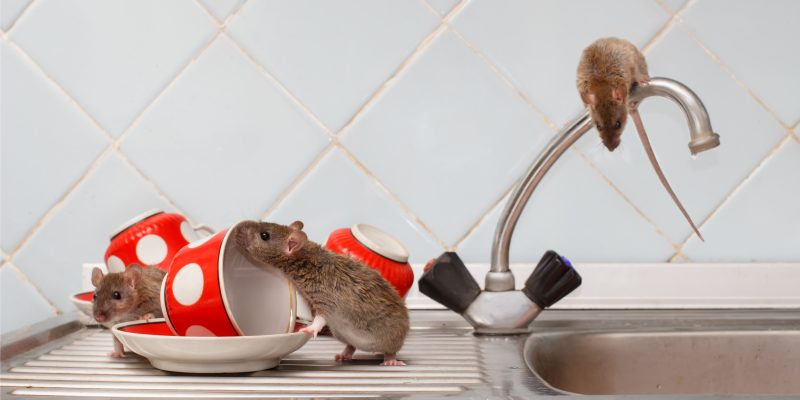


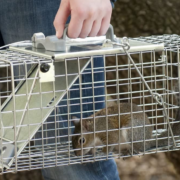
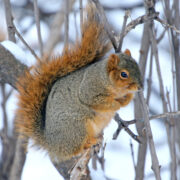


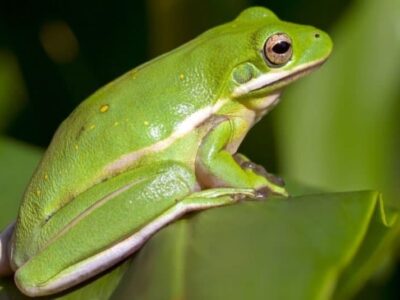
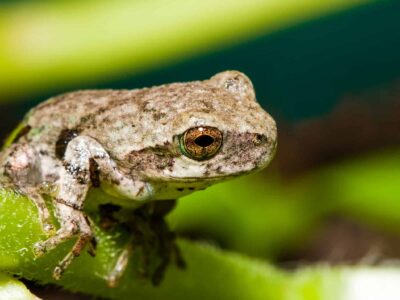
Comments